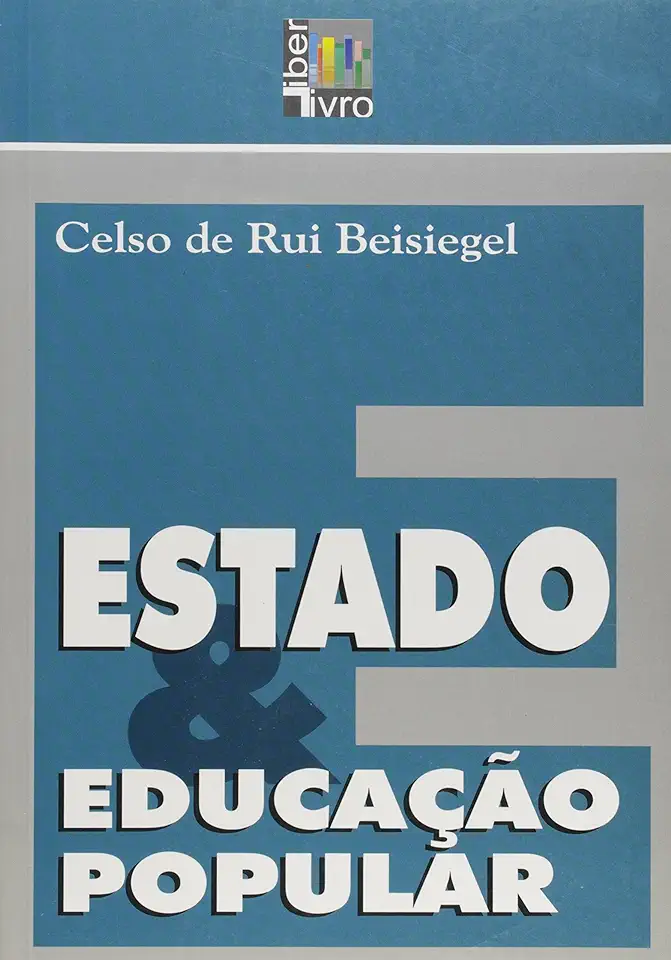
State and Popular Education - Celso de Rui Beisiegel
State and Popular Education: Celso de Rui Beisiegel
A Comprehensive Analysis of Educational Policies and Practices in Brazil
In his groundbreaking book, "State and Popular Education," Celso de Rui Beisiegel presents a comprehensive analysis of educational policies and practices in Brazil. Drawing on extensive research and firsthand experience, Beisiegel offers a critical examination of the complex relationship between the state and popular education, shedding light on the challenges and opportunities that shape the Brazilian educational landscape.
Historical Context and Policy Evolution
Beisiegel begins by providing a historical context of education in Brazil, tracing its roots back to the colonial period and exploring the evolution of educational policies over time. He highlights the influence of various political, economic, and social factors on the development of the Brazilian educational system, demonstrating how these factors have shaped the current state of education in the country.
State Control and Popular Resistance
One of the central themes of the book is the tension between state control and popular resistance in education. Beisiegel argues that the Brazilian state has historically exercised a strong influence over education, often using it as a tool for social control and the reproduction of existing power structures. However, he also highlights the resilience of popular movements and grassroots organizations that have resisted state control and advocated for more democratic and inclusive forms of education.
Social Inequality and Educational Disparities
Beisiegel pays particular attention to the issue of social inequality and educational disparities in Brazil. He presents compelling evidence to show how the educational system perpetuates and reinforces existing social inequalities, with marginalized groups facing significant barriers to access and success. Beisiegel calls for transformative policies that address these inequalities and promote greater social justice in education.
Pedagogical Approaches and Curriculum Development
The book also delves into the realm of pedagogical approaches and curriculum development in Brazil. Beisiegel critically examines the dominant pedagogical models and their impact on teaching and learning. He argues for a more learner-centered and participatory approach to education, emphasizing the importance of critical thinking, creativity, and social responsibility.
Community Engagement and Popular Education
Beisiegel places a strong emphasis on community engagement and popular education as essential elements for achieving social transformation through education. He showcases successful examples of community-based educational initiatives that have empowered marginalized communities and fostered social change. These examples demonstrate the potential of popular education to challenge oppressive structures and promote greater social justice.
Conclusion: Towards a More Just and Democratic Education
In conclusion, "State and Popular Education" offers a powerful critique of the current state of education in Brazil, while also pointing the way towards a more just and democratic future. Beisiegel's comprehensive analysis and insightful recommendations make this book a must-read for anyone interested in educational policy, social justice, and the transformative potential of education.
Why You Should Read This Book
"State and Popular Education" is a thought-provoking and essential read for anyone committed to understanding the complex relationship between education, society, and power. Beisiegel's work provides a deep dive into the Brazilian educational system, offering valuable insights that resonate beyond the national context. This book is a call to action for educators, policymakers, and activists who seek to transform education into a force for social justice and human liberation.
Enjoyed the summary? Discover all the details and take your reading to the next level — [click here to view the book on Amazon!]